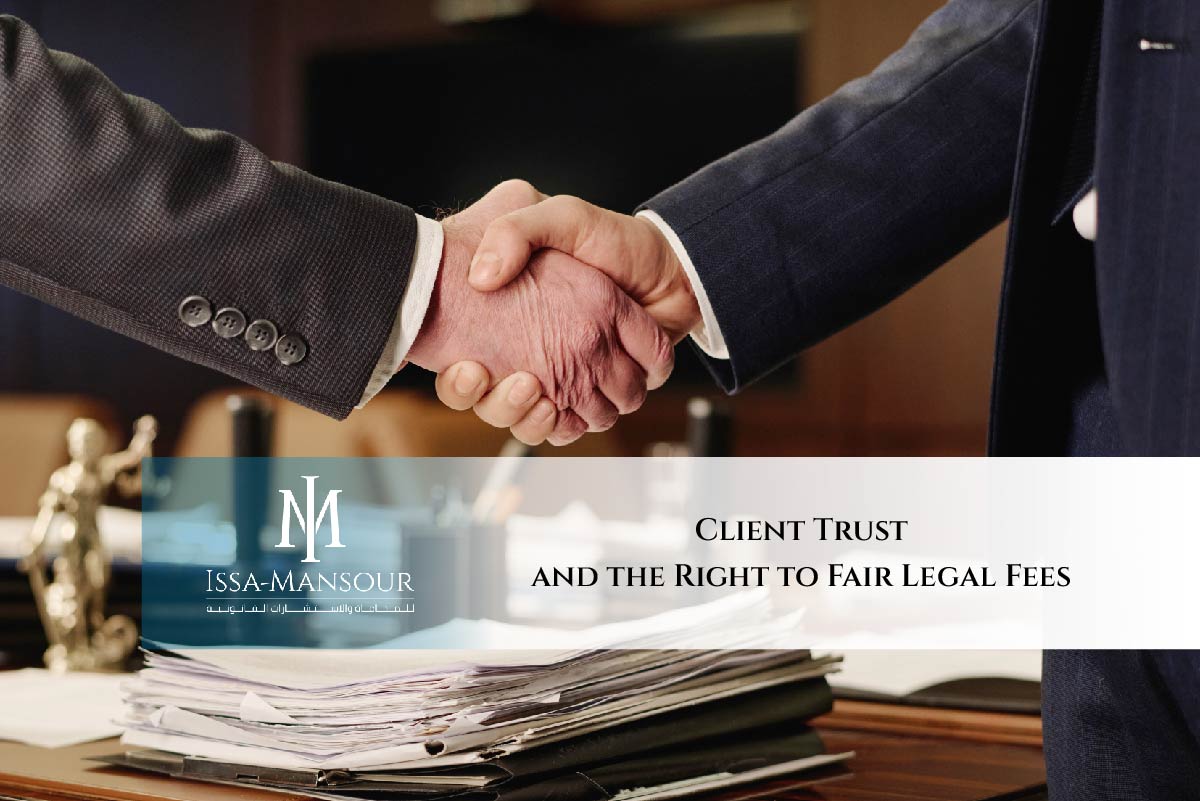Across countries and cultures, the relationship between a lawyer and their client varies not only in tone and formality but also in how legal services are valued and compensated. Two key elements shape this relationship: trust and clear financial agreements. And while they may seem separate, they are deeply intertwined.
At the heart of any effective lawyer-client relationship lies trust. Without it, the very foundation crumbles. But trust isn’t only about confidence in legal skill; it’s also about mutual respect and commitment to agreed-upon terms, including fees.
When a client avoids, delays, or negotiates a reduction in fees after the work has been done, despite a clear prior agreement, it doesn’t just create tension. It often leaves the lawyer feeling disrespected, undervalued, and demotivated. Even the most dedicated lawyer can lose their enthusiasm when their effort is met with avoidance or vague excuses. Ultimately, this dynamic can cause a breakdown in the relationship.
Across the world, bar associations have set ethical and legal standards to govern fee agreements between lawyers and clients. In many jurisdictions, like the United States, there is no such thing as a free consultation. Legal advice, even if informal or brief, is treated as a professional service with a fair value. In Lebanon, however, despite existing regulations and the lawyer-client agreement model, public perception around legal fees remains problematic.
Too often, lawyers are approached casually in elevators, restaurants, or gatherings for “quick advice,” with no regard for the professional nature of the service. Worse still, even with written fee agreements, clients may feel entitled to revise the terms unilaterally, delay payment, or seek second opinions behind their lawyer’s back, all of which erode the foundation of trust.
Let’s be clear: a client who no longer trusts their lawyer has every right to end the relationship, but not without honoring the agreed-upon fees. Respecting a lawyer’s time, effort, and role is not just a matter of professionalism; it is the glue that maintains the integrity of the legal profession.
Of course, trust must be mutual. Lawyers, too, carry a responsibility: to manage cases diligently, communicate clearly, and represent their clients’ best interests. If that commitment falters, trust can (and should) be questioned. That’s a subject we’ll address in a follow-up article.
But for now, one truth stands firm: trust and transparency in legal work are inseparable, and fair compensation is part of that equation.

